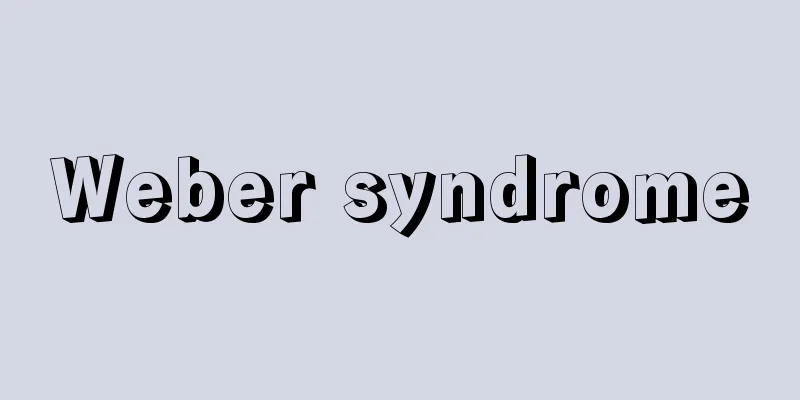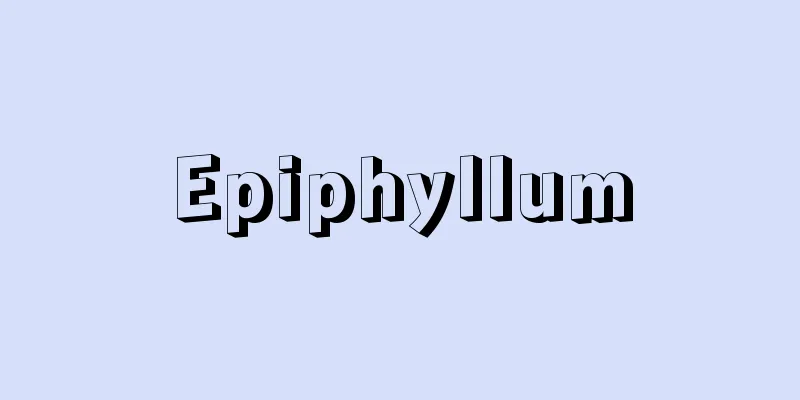Creditor's subrogation right -

|
The right of a creditor to exercise the rights of his/her debtor in order to preserve his/her own claim (Article 423 of the Civil Code). It is also called the right of indirect action. It is a system modeled on the French Civil Code. The first requirement for exercising the creditor's subrogation right is the need to preserve the claim. This requirement is met if the debtor's financial resources are insufficient (for example, if C has a monetary claim against B, but B is insolvent, B's monetary claim against A can be subrogated). On the other hand, there has been a dispute as to whether the need for specific claim preservation is sufficient, but current precedents and prevailing opinion affirm this (for example, when real estate is transferred from A to B to C and A has a registration, C can subrogate B's right to claim registration against A. Also, when C rents a building from B and A interferes with the occupation of the building, C can subrogate B's right to claim removal of the interference against A). The second is that, in principle, the creditor's claim is due for performance (the exception is in the case of judicial subrogation and preservation actions, in which the claim may be due before the due date; Article 423, paragraph 2 of the same law). The third is that the debtor does not exercise his/her rights himself/herself. The effect of the exercise of the creditor's subrogation right belongs directly to the debtor, but the creditor can request that the debtor deliver the goods. [Takahisa Awaji] Source: Shogakukan Encyclopedia Nipponica About Encyclopedia Nipponica Information | Legend |
|
債権者が、自己の債権を保全するため、自己の債務者に属する権利を行使しうる権利(民法423条)。間接訴権ともいう。フランス民法に倣った制度である。債権者代位権を行使しうる要件の第一は、債権保存の必要があることである。債務者の資力が不十分であれば、この要件は満たされる(たとえば、丙は乙に金銭債権を有しているが、乙が無資力の場合には、乙の甲に対する金銭債権を代位行使しうる)。他方、特定債権保全の必要で足りるかどうかについては争いがあったが、現在の判例・通説はこれを肯定している(たとえば、甲→乙→丙と不動産が譲渡され甲に登記があるとき、丙は乙の甲に対する登記請求権を代位行使しうる。また、丙が乙から建物を賃借し、甲がこの建物の占有を妨害しているとき、丙は乙の甲に対する妨害排除請求権を代位行使しうる)。第二は、原則として債権者の債権が履行期にあることである(例外は裁判上の代位および保存行為の場合で、これは履行期前でもよい。同法423条2項)。第三は、債務者が自らその権利を行使しないことである。債権者代位権行使の効果は直接債務者に帰属するが、引渡しは債権者へするよう請求できる。 [淡路剛久] 出典 小学館 日本大百科全書(ニッポニカ)日本大百科全書(ニッポニカ)について 情報 | 凡例 |
<<: Creditor's right to cancel
Recommend
Prizren
...After the war, Pristina was transformed into a...
information disclosure
...Its main purpose is to realize fair and open a...
Toji Kawajiri
1908-1932 A children's book illustrator from ...
Lead carbonate
The basic salt 2PbCO3.Pb (OH) 2 is known commerci...
Kusaredama - rotten ball
A perennial plant of the Primulaceae family (APG ...
Flexner, A.
...Located in Princeton, New Jersey, it has close...
Eurypterid - Eurypterid (English spelling)
A fossil animal belonging to the arthropod subphy...
Lebonah
…These two spices were also produced in Somalia, ...
Jangara
The name of a folk dance associated with the sound...
Pedicularis apodochila (English spelling)
… [Kei Yamazaki]. … *Some of the terminology that...
Kitaguni Mountain
...It is made up of rhyolite, dacite, and pyroxen...
sensitive period
…Subsequent research has revealed the following g...
Chukyo Industrial Area
An industrial cluster area centered on Nagoya Cit...
Shokado Shojo
Year of death: September 18, 1639 (October 14, 163...
Samanid Dynasty - Sāmān
An Iranian dynasty that ruled over Mawar al-annah...









